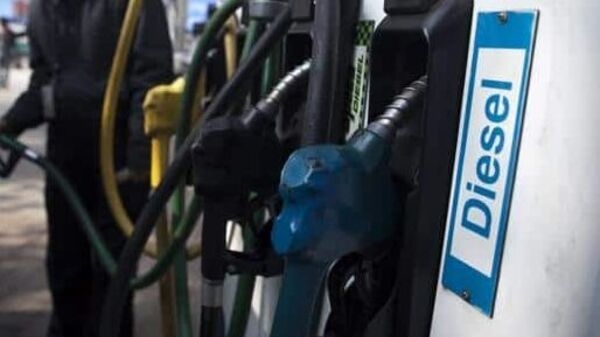Govt asked to ban diesel-powered four wheelers by 2027: What could it mean in India?
Total Views |
The Indian government's decision to ban diesel-powered four-wheelers by 2027 is a bold move towards cleaner air and a healthier environment. Diesel emissions are a major contributor to air pollution, which is a serious health issue in many Indian cities. An oil ministry panel recommends that India limit the use of diesel-powered four-wheeler vehicles by 2027 and transition to electric and gas-powered vehicles in cities with more than a million people and polluted towns to reduce pollution.

India, one of the biggest emitters of greenhouse gases, wants to produce 40 percent of its electricity from renewables to achieve its 2070 net zero goal. "By 2030, no city buses should be added which are not electric...diesel buses for city transport should not be added from 2024 onwards," said the panel in the report published on the Oil Ministry website. (Ministry of Petroleum and Natural Gas).
Reportedly, it is not clear if the petroleum ministry will seek cabinet approval to implement the recommendations of its Energy Transition Advisory Committee, which is headed by former oil secretary Tarun Kapoor.
Diesel accounts for almost two-fifths of refined fuel consumption in India, with 80% of that utilised in the transportation sector.
The report stated that the Government should consider "targeted extension" of incentives given under the Faster Adoption and Manufacturing of Electric and Hybrid Vehicles scheme (FAME) to beyond March 31.
Some of the major Car companies in India have ditched diesel and have gone EV. Maruti Suzuki, the country's largest passenger vehicle manufacturer, discontinued production of diesel vehicles on April 1, 2020, and has stated that it has no plans to re-enter this market.
The report also stated that new registrations of only electric-powered city delivery vehicles should be permitted from 2024, with increasing usage of railways and gas-powered trucks for cargo movement recommended. The railway network is planned to be fully electric in two to three years.